For more than three decades, Molavi Abdolhamid has been the most prominent Sunni clergyman in majority Shia Iran. He is a figure that has been present on the political scene over the past 25 years. The cleric attracted attention during the 2005 presidential election, when candidates sought to attract the votes of Iran’s Sunni community, and then as tensions rose in the eastern province of Sistan and Baluchestan, home to a Sunni Baluch minority estimated to number up to 2 million people. More recently, his remarks regarding Iran’s ongoing nationwide protests made the headlines, in particular his call on the country’s Shia clerical leadership to organize a referendum.
Molavi Abdolhamid Ismaeelzahi was born in 1947 in the village of Galugah, Sistan and Baluchestan, and attended school in Zahedan, the provincial capital, before moving to Pakistan. In 1970, he returned to Zahedan to teach at the Darul Uloom Seminary, now the biggest Sunni seminary in Iran.
Molavi Abdolhamid had close relations with his father-in-law Molana Sheikh Abdul-Aziz Mollazadeh, founder of the seminary and leader of the Sunni community in Eastern Iran.
After the 1979 Islamic Revolution, Molana Mollazadeh became one of the two Sunni members of the Constitutional Assembly, where he criticized provisions in the constitution that denied the Sunnis some rights, including the right to become president of the Islamic Republic.
Molana Mollazadeh and Kurdish Sunni religious leader Ahmad Moftizadeh were the senior members of the Sunni Council. Molavi Abdolhamid was one of its 12 members.
The honeymoon between the Sunni religious leaders and the Islamic Revolution lasted for only five months and the revolutionary government did not allow the second Sunni Congress to be held in Tehran. Moftizadeh held the gathering in his home city of Kermanshah instead.
Moftizadeh was arrested in 1982 amid rising tensions between Sunni religious leaders and the Islamic Republic. The Islamic Republic’s founding father, Ayatollah Khomeini once called him "a respected scientist and a brave cleric," but he ordered his arrest claiming he was "corrupt.”
Originally a supporter of the revolution, Moftizadeh became a critic of the Islamic Republic after the constitution proclaimed Shia Islam the country’s official religion and Sunnis were removed from political posts. He was sentenced to five years in prison but was remanded in custody after serving his sentence. He was held in solitary confinement until November 1988, and from late 1990 to the early autumn 1992 he lived under house arrest. He was diagnosed with cancer before dying on February 9, 1993.
Abdulmalik Mollazadeh, a son of Molana Mollazadeh and supporter of Moftizadeh, spent six months in detention. After being summoned several times in 1989, and two years after the death of his father, he went to Pakistan. He was assassinated in Karachi on March 4, 1996, along with Molavi Abdol Nasser Jamshidzehi, another Sunni cleric.
Molana Abdolhamid succeeded Molana Mollazadeh after his death in 1987. One of the first most important events he was confronted to is the 1994 attack and destruction of the Sheikh Mohammad Feiz Mosque in Mashhad, which triggered mass protests in Zahedan. Protesters were holding a sit-in in Makki Friday Mosque on February 1, 1994 when security forces opened fire on the crowd.
It was rumored that Molavi Abdolhamid had called for jihad against the government following these events, something he denied.
After the 1997 election of the reformist Mohammad Khatami to the presidency, the tensions between Tehran and Sistan-Baluchistan eased and some members of the government traveled to the province, visited Makki Mosque and met with Molavi Abdolhamid who had entered the field of politics. In 2002, he opposed the 2002 death sentence against Hashem Aghajari, a university professor and critic of the Islamic Republic's rulers accused of apostasy for a speech in which he urged Iranians to "not blindly follow" Islamic clerics.
The Sunni Vote
During the 2005 presidential campaign, the candidates paid more attention to Molavi Abdolhamid as they sought the support of Sunni voters. Four of the candidates, Ali Larijani, Akbar Hashemi Rafsanjani, Mehdi Karroubi and Mostafa Moeen, traveled to Zahedan and met with the cleric. The election was won by hardliner Mahmoud Ahmadinejad but Moeen, a professor of pediatrics and human rights activist, gathered the most votes in Sistan and Baluchistan.
In 2009, Molavi Abdolhamid met with Mir Hossein Mousavi and Mehdi Karroubi, two reformist candidates in the presidential campaign who were later placed under house arrest.
Opposing Armed Insurrection
After Ahmadinejad’s election to the presidency, separatists increased their attacks in Sistan and Baluchestan. They were mainly led by Abdolmalek Rigi, leader of the terrorist group Jundallah. He was captured and executed in 2010.
Molavi Abdolhamid, who publicly condemned armed actions, called Rigi’s capture “a happy news both for us and for the people in Sistan and Baluchestan.”
Despite that, he was targeted by supporters of the Supreme Leader Ali Khamenei.
Protests against Government Takeover of Sunni Seminaries
During the 2000s, the Islamic Republic increased its efforts to control Sunni seminaries. On July 7, 2008, Sunni members of the Iranian parliament wrote a letter to President Ahmadinejad to protest against a decision by the Supreme Cultural Revolution Council that would have put these seminaries under government control.
Molavi Abdolhamid joined the protests and said: “We accept the government’s supervision and obey the Honorable Supreme Leader, but we cannot put our religious affairs under your control…or under the control of any government. We are not afraid of prison…we are not afraid of death.”
Meanwhile, supporters of the Islamic Republic’s government increased their attacks against Molavi Abdolhamid. In some ceremonies organized by the government, the crowds chanted slogans such as “Death to Molavi.”
Molavi Abdolhamid’s Son-In-Law Sentenced to Prison
On September 1, 2011, Zahedan Prosecutor Mohammad Marzieh announced that Mohammad Esmail Molazehi, Molavi Abdolhamid’s son-in-law, was sentenced to 10 years in prison for “spying and actions against national security,” and that at least six years of the sentence must be served. He alleged Molazehi had given information to foreign intelligence agents.
Molavi Abdolhamid protested against the verdict. Media outlets affiliated with the Islamic Revolutionary Guards Corps (IRGC) later reported that another of his sons-in-law had been arrested a year earlier.
Supporting Hassan Rouhani
In the 2013 presidential election, Molavi Abdolhamid supported Hassan Rouhani, who won the most votes in the mainly Sunni regions of Kurdistan, Sitan and Baluchestan and Turkmen Sahra. In Sistan and Baluchestan, Rouhani gathered more than 73 percent of the votes.
Winning the Freedom of Iranian Border Guards
In 2014, the separatist group Jaish al-Adl abducted five Iranian border guards and took them to neighboring Pakistan. The group demanded the release of 300 Sunnis imprisoned in Iran and its close ally Syria in exchange for the guards. Later, the group announced it had executed one guard and warned of more executions if its demand was not met.
Soon afterward, it was reported that Molavi Abdolhamid managed to secure the release of the four remaining border guards, and Jaish-ul Adl tweeted they had been freed "at the request of eminent Sunni clerics in Iran."
Molavi Abdolhamid’s son-in-law Molavi Ahmad Narooei was killed in a car accident while returning from negotiations with Jaish-ul Adl. At the time, Narooei was the interim Friday Imam at Makki Mosque and a deputy to his father-in-law.
Despite his role in securing the release of the border guards, Khamenei supporters launched another round of attacks against Molavi Abdolhamid amid reports that he was trying to improve relations between Iran and Saudi Arabia. In late 2015, the cleric said Saudi officials had rejected his plea to spare the life of Ayatollah Sheikh Nimr, a Shia cleric who was sentenced to death for "instigating unrest." Sheikh Nimr was executed in January 2016 amid international condemnations.
Third-Class Citizens
In the 2017 presidential election, Molavi Abdolhamid once again supported Rouhani, who won a second term. Shortly after the vote, Molavi Abdolhamid said in an interview that Sunnis “might support the principalists in the next election.” In response, Sadegh Zibakalam, a well-known academic and writer, wrote him a letter saying that such a choice would be like jumping “out of the frying pan into the fire.”
While these events were unfolding, Molavi Abdulhamid wrote a letter to Khamenei complaining about discrimination against Sunnis. The supreme leader’s office responded by saying: “All organs of the Islamic Republic have the duty to obey religious principles and the constitution and refrain from any discrimination against Iranians based on ethnicity, race and religion.”
This unprecedented statement by the supreme leader had little effect in practice. In another letter sent to Khamenei three years later, Molavi Abdolhamid wrote that the supreme leader’s order has been disregarded by government officials. He emphasized that Iranian Sunnis are still treated as third-class citizens.
Among restrictions placed on Sunnis in Iran, Sunni clerics cannot travel freely. In recent years, Molavi Abdolhamid himself has been prevented from leaving Iran or visiting Sunni-majority cities in the country.
In the past several years, Molavi Abdolhamid and other Sunni clerics have had meetings with Shia ayatollahs to refute accusations that the Sunni community was trying to increase its population to overcome the Shias.
Molavi Abdolhamid has also criticized alleged efforts by some Shia institutions such as Al-Mustafa International University in Qom to convert Sunnis. The university responded by saying that “the claim about brainwashing students is an insult to hundreds of Sunni scholars” who have graduated from this university.
Support for the Taliban
Molavi Abdolhamid’s support for the Taliban caught many by surprise, including Iran’s Defenders of Human Rights Center that retracted the prize it had bestowed on him in 2014.
“Today’s Taliban are not the Taliban of 20 years ago. They have gained experience and their worldview has changed,” said the cleric, who expressed hope that a Taliban-ruled Afghanistan would become an ally of Iran and other Muslim countries.
However, Molavi Abdolhamid has recently criticized the Taliban for preventing girls from going to school. In a Friday sermon earlier this month, he called on the country’s Shia clerical leadership to organize a referendum, saying "The majority of people aren’t happy." "These women have been disrespected [and] humiliated because they are deprived of everything," he said.
visit the accountability section
In this section of Iran Wire, you can contact the officials and launch your campaign for various problems




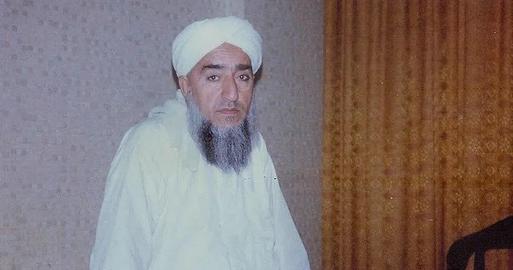

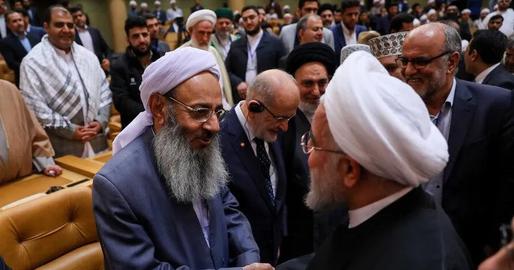
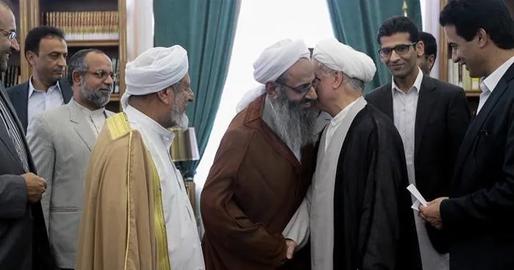
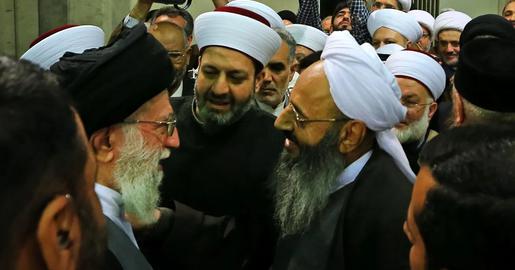
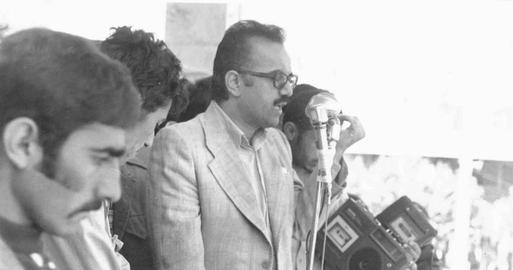
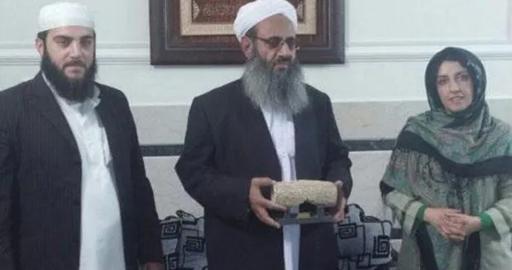


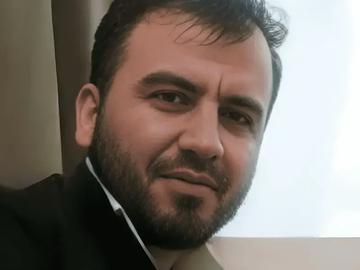





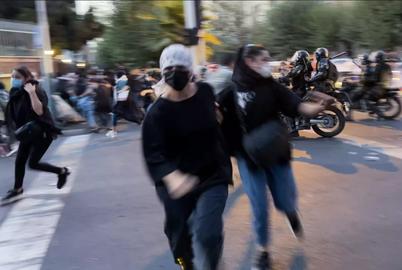
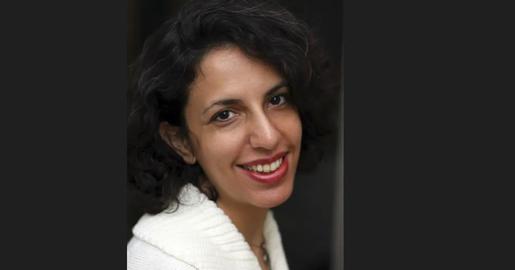
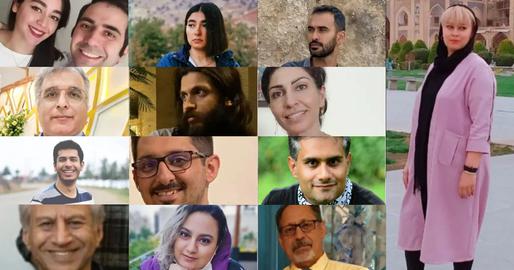
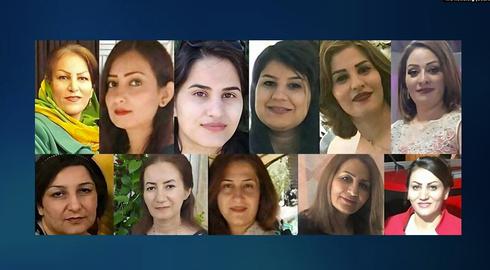

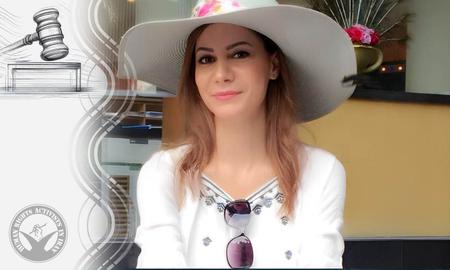


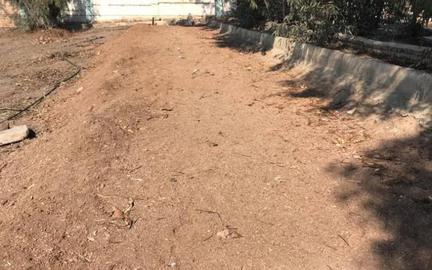

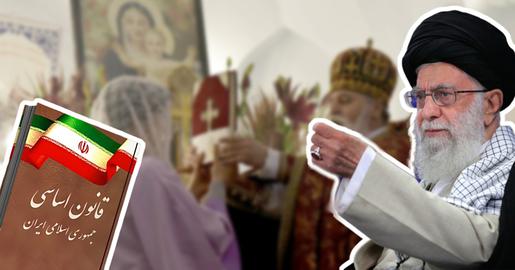

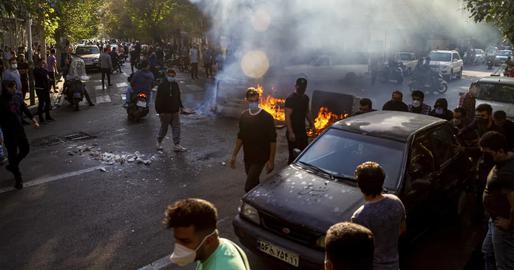
comments
There is actually no increase in the sunni population of Iran, infact the regime is actively converting Sunnis to shias and is moving shias into sunni areas.
The regime always under the name of national security does these crimes.